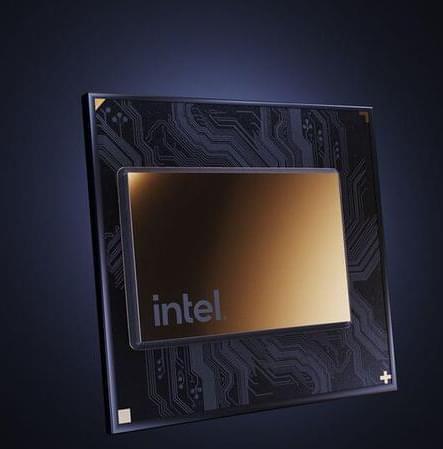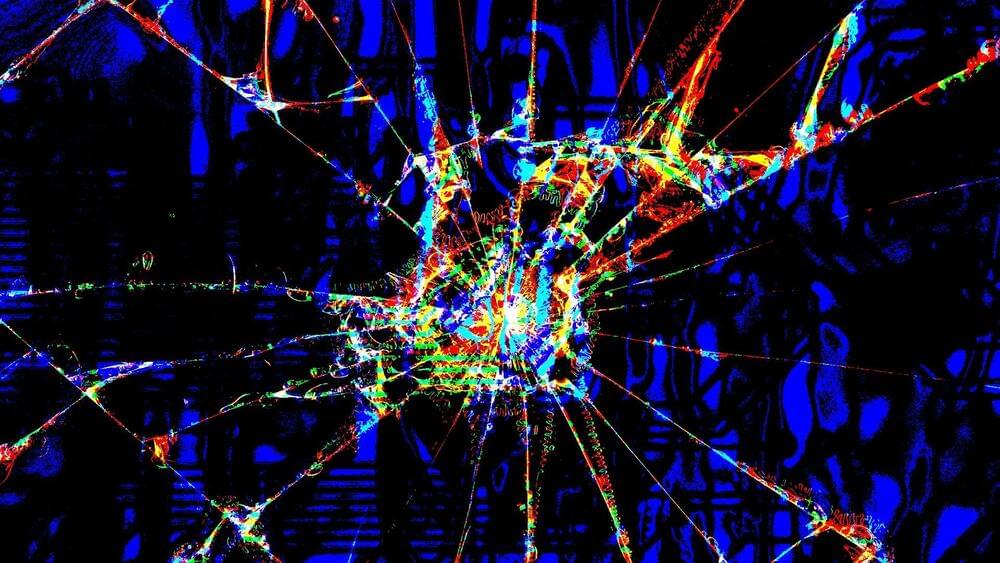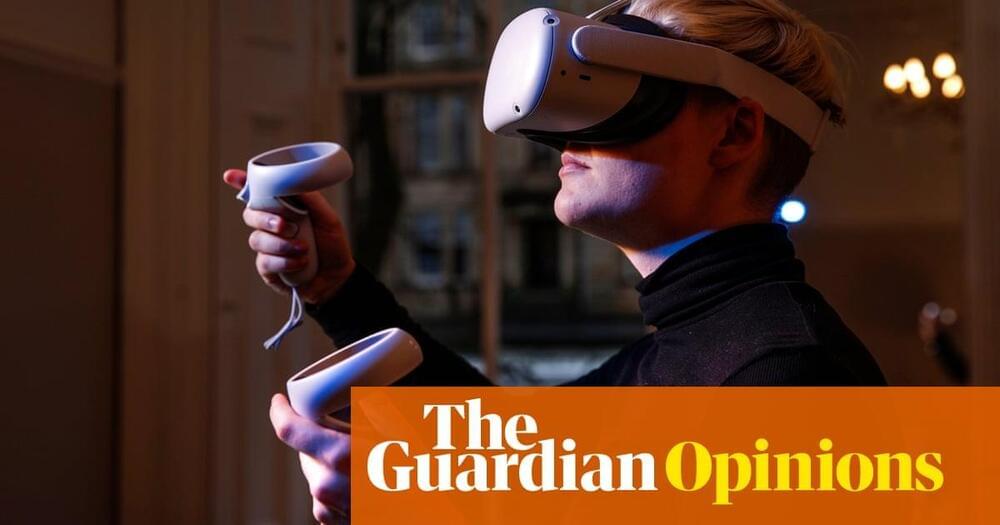JPMorgan has entered the Metaverse, after opening a lounge in the popular blockchain-based world Decentraland and releasing a new report outlining the Metaverse as a $1 trillion market opportunity.



In this episode of UpOnly, the creator of Ethereum Vitalik Buterin talks origin stories, his motivation, the future of Ethereum, and even biological sciences.
Presented by FTX: https://uponyl.tv/ftx.
Full show notes: https://uponly.tv/vitalik-buterin-on-ethereum-and-immortality/
Timestamps.
0:00 — Intro.
1:30 — What does Vitalik do outside of crypto? / The Invention of Language.
5:50 — What did Vitalik imagine himself doing before crypto?
8:57 — OG Canadian Crypto Scene / What do you wish you had done differently?
13:30 — Future Plans Outside of Ethereum.
15:30 — Family and Crypto.
16:50 — Ethereum Alternatives.
20:35 — Proof of Stake / NFTs.
28:15 — Where The Future is Going / Crypto Beyond Financialization.
32:25 — Ethereum Sharding / zk-STARK / MEV
36:10 — User Experience Hurdles / Multisig / Reducing Risk.
41:37 — Who is Satoshi Nakamoto?
43:35 — Donating SHIBA to Charity.
46:25 — Best Vitalik Memes.
50:06 — Multi-Chain Future vs. a Cross-Chain Future / Layer 2 / Systemic Risk.
58:30 — Layer 2 Decentralization.
1:00:05 — Implications of zkEVM
1:04:03 — Archivability of Blockchains.
1:07:14 — Security and Risks / Simplicity of Code / Web Standards.
1:12:25 — Privacy.
1:14:42 — Anti-Aging / Immortality / Adopting New Technology.
1:29:17 — Multi-planetary World / Antarctica / Cultural Shifts.
1:35:40 — Important Social Trends.
1:38:30 — Alpha

Smart cities are supposed to represent the pinnacle of technological and human advancement. They certainly deliver on that promise from a technological standpoint. Smart cities employ connected IoT networks, AI, computer vision, NLP, blockchain and similar other technologies and applications to bolster urban computing, which is utilized to optimize a variety of functions in law enforcement, healthcare, traffic management, supply chain management and countless other areas. As human advancement is more ideological than physical, measuring it comes down to a single metric—the level of equity and inclusivity in smart cities. Essentially, these factors are down to how well smart city administrators can reduce digital exclusivity, eliminate algorithmic discrimination and increase citizen engagement. Addressing the issues related to data integrity and bias in AI can resolve a majority of inclusivity problems and meet the above-mentioned objectives. make smart cities more inclusive for people and communities from all strata of society, issues related to digital exclusion and bias in AI need to be addressed by public agencies in these regions.

Blockchain may one day eliminate inefficiencies and lack of transparency in supply chains. While slow in coming, this revolution would benefit not only customers and brands, but the invisible” workers who power global trade.
#Blockchain #SystemShock #BloomberQuicktake.
——-
Like this video? Subscribe: https://www.youtube.com/Bloomberg?sub_confirmation=1
Become a Quicktake Member for exclusive perks: https://www.youtube.com/bloomberg/join.
QuickTake Originals is Bloomberg’s official premium video channel. We bring you insights and analysis from business, science, and technology experts who are shaping our future. We’re home to Hello World, Giant Leap, Storylines, and the series powering CityLab, Bloomberg Businessweek, Bloomberg Green, and much more.
Subscribe for business news, but not as you’ve known it: exclusive interviews, fascinating profiles, data-driven analysis, and the latest in tech innovation from around the world.
Visit our partner channel QuickTake News for breaking global news and insight in an instant.

Ben RayfieldWeather control tech exists, to some extent. EMP weapons exist. If there was a 477 mile long lightning, it was probably either due to the sun or is a weapon or a terraforming experiment.
Quinn SenaAuthor.
GIPHY
Genevieve Klien shared a link.
According to a series of etherscan transactions, an attacker has exploited Wormhole, a bridge between the Ethereum and Solana blockchains, for close to $323 million in ETH.
Wormhole is a bridging protocol that enables assets to move across various blockchain protocols. When a user sends assets from one chain to another, the bridge locks the assets and mints a wrapped version of the funds on the destination chain.

Yanis Varoufakis also discussed “pay-to-earn” and the blockchain’s long-term consequences.
Former Greek Finance Minister and one-time in-house economist at Valve, Yanis Varoufakis, gave a long and freewheeling interview to the website, the Crypto Syllabus, focusing on the blockchain, its potential and disappointments, and where it sits in the larger context of politics, surveillance, and economics.
Of particular note to PC Gamer readers is his description of his time with Valve. Varoufakis had access to Valve’s data on Steam’s nascent player-to-player marketplace in the early 2010s, which he used to advise the company and his own economics research. Describing Valve’s initial pitch to him, Varoufakis said:

Ask 50 people what the metaverse means, right now, and you’ll get 50 different answers. If a metaverse is where the real and virtual worlds collide, then Instagram is a metaverse: you create an avatar, curate your image, and use it to interact with other people. What everyone seems to agree on, however, is that it’s worth money. Epic Games and the recently rebranded Facebook are investing billions a year in this idea. When Microsoft bought video game publisher Activision for $70bn last week, it was described as “a bet on the metaverse”.
The tech world seems to be leaning towards some kind of early 00s conception of wearing a VR headset and haptic suit and driving a flying car towards your perfect pretend mansion in a soothingly sanitised alternate reality, where you can have anything you want as long as you can pay for it. Look at Mark Zuckerberg’s now-infamous presentation of the future of his company, with its bland cartoonish avatars and emptily pleasant environments. It is the future as envisioned by someone with precious little imagination.
I do not deny that some people want this vision. Ready Player One was a runaway hit. But the metaverse as envisioned by the people currently investing in it – by tech billionaires such as Zuckerberg and Activision CEO Bobby Kotick, by techbro hucksters selling astonishingly ugly generative-art NFTs and using words like “cryptoverse” – can only be described as spiritually bereft. It holds no interest for me.

China has designated some cities and entities to trial blockchain applications, underscoring the importance Beijing is attaching to this particular technology.
In 2019, President Xi Jinping called on China to “seize the opportunities” presented by blockchain, giving his personal backing to the technology.
The Chinese capital Beijing and mega city Shanghai as well as Guangzhou in the south are all part of the pilot projects. Local government departments, universities, banks, hospitals, car companies and power firms are among the 164 entities chosen by China to carry out trial blockchain applications.